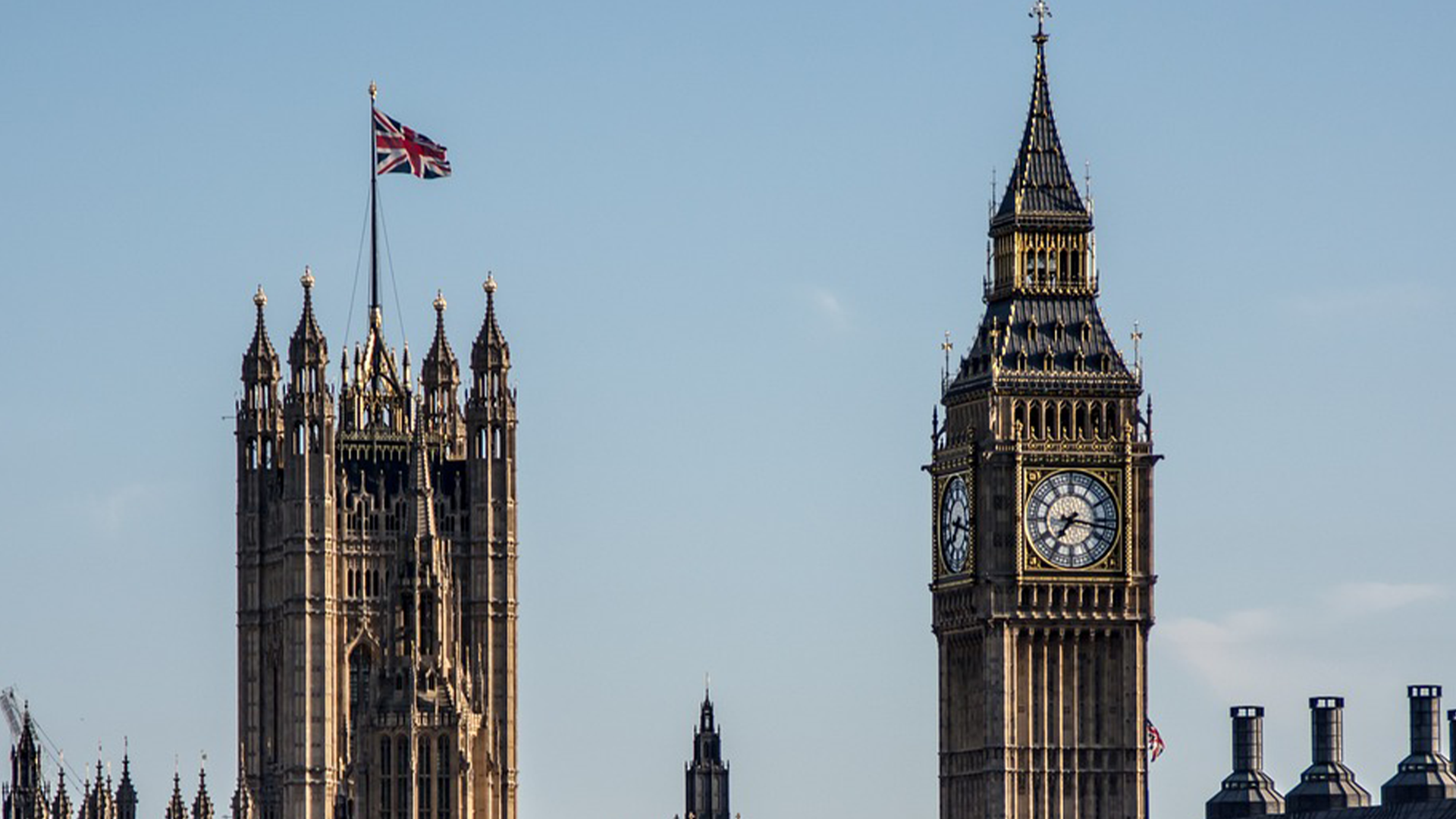MPs to table new bill to ban ‘conversion therapy’
"This united, cross-party effort sends a clear political signal"

MPs in Parliament are set to introduce a new bill seeking to ban ‘conversion therapy’ in the UK.
Labour MP Lloyd Russell-Moyle’s bill is reported to have cross-party support in the House of Commons with nine Conservative MPs among that. It looks set to get a first reading on Wednesday (6 December)
ITV reported on Monday (4 December) that Russell-Moyle’s bill seeks to “prohibit practices whose predetermined purpose is to change or suppress a person’s sexuality, or change or suppress a person to or from being transgender.”
Among the Tory MPs said to be supporting the bill, as per ITV, are Caroline Nokes, the Chair of the Women and Equalities Committee, Alicia Kearns, and William Wragg.
Responding the this new hope for a ‘conversion therapy’ ban, Stonewall’s Robbie de Santos said: “It’s a matter of great national shame that the UK Government has failed to keep its long-held promise to protect LGBTQ+ people from conversion therapy – and clearly, this is something politicians from all parties can agree on.
“This united, cross-party effort sends a clear political signal that allowing the abuse of LGBTQ+ people to continue is unacceptable, and that this is not an issue that will go away.”
Russell-Moyle’s bill has been introduced as a Private Members Bill, which backbench MPs can introduce. The same has also happened in the House of Lords, as Baroness Lorely Burt introduced a similar bill in November after the King’s Speech.
In that Speech, the government excluded plans for a ban, despite one being first promised in 2018. Since then the Tories have presided over numerous delays, consultations, and even the ban being dropped altogether.
In October, Labour pledged to enact a “full, no loopholes ban on ‘conversion therapy’” if elected in the 2024 General Election.
**5/12/23 UPDATE**
A government spokesperson told Attitude: “No one in this country should be harmed or harassed for who they are and attempts at so-called ‘conversion therapy’ are abhorrent. That is why we are carefully considering this very complex issue.”
